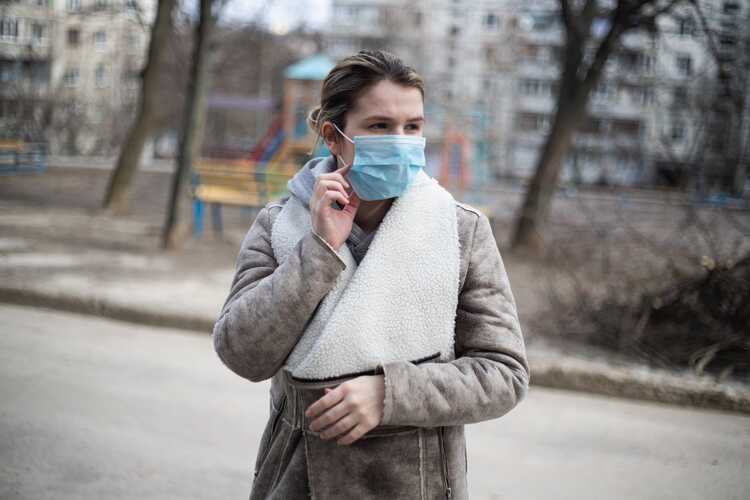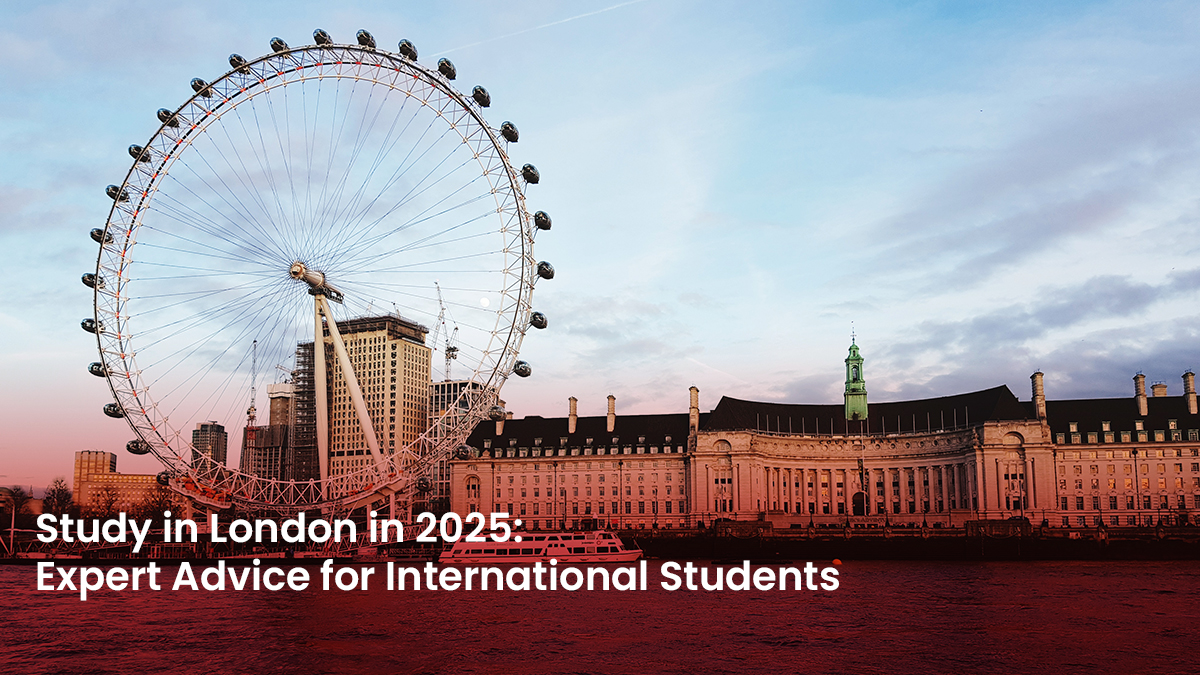While some people dream of becoming a flight attendant so they can don those stylish uniforms and wear makeup, then they might have to wait for the aviation industry to become pandemic-proof. Carriers like Qatar Airways and Emirates are mandating their crew to wear head-to-toe protective gear, not only to protect themselves from the virus but also be perceived as the safety professionals in the sky.
Read more to learn more about the new safety protocols in place to make everyone’s flight experience a safer one.
Flight Attendants: Hygiene Experts
It is good that the flight attendants’ role is now being recognized in keeping passengers safe. Even before the pandemic, the essential workers are the go-to persons for first aid and assessment of passengers’ skills in the event of an emergency.
One carrier, Turkish Airlines, even went so far as to call their cabin crew a team of trained “hygiene experts.”
“Working as health inspectors, hygiene experts will solely focus on the enforcement of all on-board hygiene and social distancing measures for the healthy travel of passengers,” the airline said in a release.
Over at Emirates, the airline tapped the Dubai Health Authority to conduct rapid blood tests for COVID-19 for both employees and passengers before boarding.
Physical Distancing at All Points
Europe’s low-cost airline Ryanair mandated its flight attendants to prevent fliers from queuing for toilets on board, although toilet access will be made available to individual passengers upon request. Simply put, passengers are only allowed to leave their seats when nature calls.
Most airlines also prohibit assigning middle seats or seats near flight attendant jump seats on every flight. Flight attendants are expected to encourage passengers to follow social distancing guidelines at airports and onboard aircraft where it is possible.
Over at United, passengers do not have the option to choose seats next to each other or middle seats. The airline quickly responded to the crisis by updating its booking system where seats will be alternated to maintain a safe distance across aisles.
Southwest, on the other hand, tasked its flight attendants to guide smaller groups of 10 at a time to board sequentially. The crew is also responsible for maintaining social distancing between passengers when deplaning.
Delta Air Lines also blocked middle seats, which the airline plans to implement throughout the year.
Cashless Transactions
Also included in Ryanair’s policy is that flight attendants should not receive cash for selling in-flight meals. All on-board transactions in the airline will be cashless or have been pre-packaged or pre-ordered before the flight.
No More Lavish Amenities
To protect both the flight attendant and the passenger from the virus, airlines have prohibited providing amenities like providing a hot towel and alcoholic drinks. The meals are also pre-boxed, even on business-class flights.
In some cases, even snacks are not allowed to be sold during the flight. Airline company Southwest, however, provides sanitizing wipes upon request to passengers on board each flight.
While most passengers might find these new protocols restricting, everyone is encouraged to comply so as to ensure the safety of everyone on board. To help enforce these new rules, a flight attendant is one’s health frontliner in the air.
It is best to be safe in these trying times. To know more about flying amid the pandemic, browse through MSM Unify.












